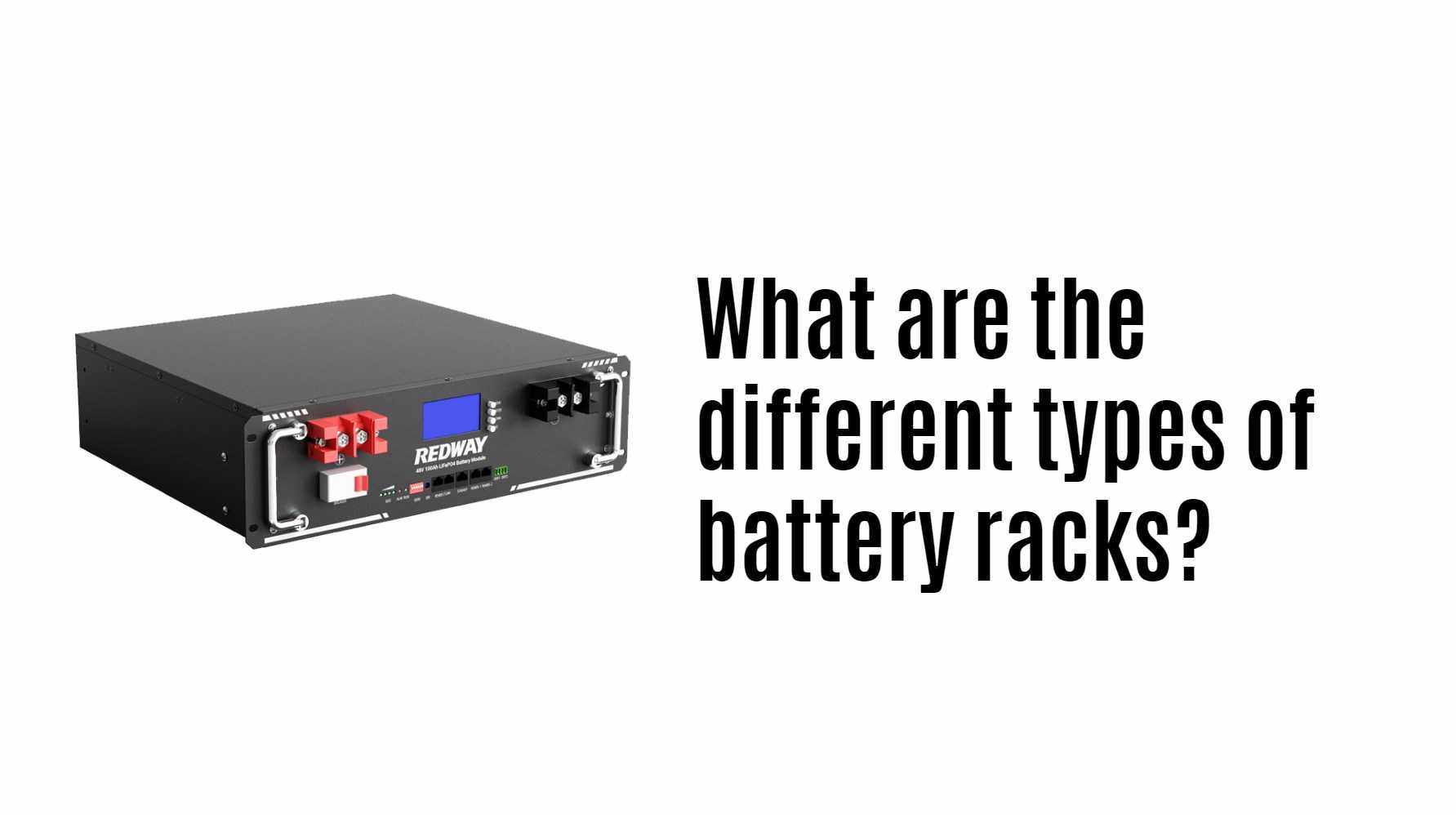How Fast is a 72V 3000W Motor?
A 72V 3000W motor can reach speeds of approximately 40 to 50 mph (64 to 80 km/h) depending on various factors such as the vehicle’s weight, aerodynamics, and terrain. This power output makes it suitable for high-performance applications like electric motorcycles and e-bikes.
Understanding the Speed of a 72V 3000W Motor
The speed of a 72V 3000W motor is influenced by several factors, including voltage, power output, and the design of the vehicle it powers. Below, we delve into these aspects to provide a comprehensive understanding.
- Power and Voltage Relationship
- The relationship between voltage and power output is crucial in determining the motor’s performance. A higher voltage allows for greater efficiency and speed.
Voltage (V) Power (W) Speed (mph) 48 1000 20 60 2000 30 72 3000 40-50 - Motor Efficiency
- The efficiency of the motor plays a significant role in its speed capabilities. High-efficiency motors convert more electrical energy into mechanical energy, resulting in better performance.
- Vehicle Weight and Design
- The overall weight of the vehicle affects acceleration and top speed. Lighter vehicles can achieve higher speeds more quickly compared to heavier ones.
- Terrain and Conditions
- The type of terrain (flat, hilly, or uneven) can impact the speed that a motor can maintain. Motors may perform differently under various environmental conditions.
Latest News
- Recent advancements in electric motor technology have led to increased efficiency and performance in high-voltage systems.
- Electric motorcycles powered by high-capacity motors like the 72V 3000W are gaining popularity due to their performance and eco-friendliness.
- Governments are investing in infrastructure to support electric vehicles, enhancing charging stations and promoting sustainable transportation options.
Redway Expert Comment
At Redway Battery, we understand that the performance of a 72V 3000W motor is not solely dependent on the motor itself but also on the quality of the battery powering it. Our Lithium LiFePO4 batteries are designed to deliver consistent power output, ensuring that high-performance motors achieve their maximum potential. We are committed to providing reliable energy solutions for all electric applications.”
Relation to eBike Batteries
The performance of a 72V 3000W motor is particularly relevant when discussing eBike batteries. A powerful motor requires an equally capable battery to ensure optimal performance. Our Redway Lithium LiFePO4 eBike Battery is specifically designed to support high-performance motors, providing long-lasting power and efficiency for electric bicycles.For clients or importers looking for wholesale or OEM solutions in this category, we recommend our Redway eBike Battery Series, which offers exceptional performance tailored for high-capacity motors like the 72V 3000W.
Top Competitors in Electric Motor Solutions
Here are five notable alternatives or competitors that offer lithium battery options suitable for high-performance motors:
| Brand Name | Type of Battery | Lithium Option Available |
|---|---|---|
| Redway Battery | Lithium LiFePO4 | Yes |
| Bosch | Performance Line | Yes |
| Samsung SDI | Lithium-ion | Yes |
| Panasonic | Lithium-ion | Yes |
| LG Chem | Lithium-ion | Yes |
By understanding how fast a 72V 3000W motor can operate, users can make informed decisions about their electric vehicle setups, ensuring they choose compatible components for optimal performance.


